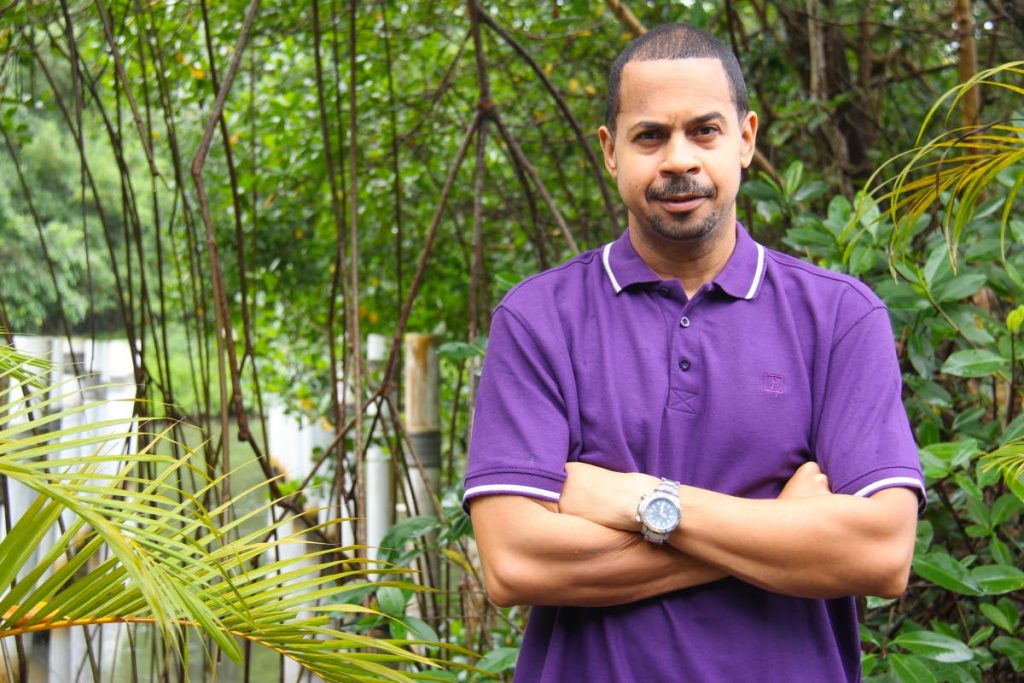Lessons from the US election

Part 2
CITIZENS OF the US are surely still coming to terms with the peculiar culmination of the recent presidential election. It's peculiar in that Joe Biden's victory, as certified by the numbers, and not the certifiable, has been comprehensively overshadowed by a man who has made an art of monopolising the spotlight, most notably the one that shines out of his own behind.
With all the damage wrought by the Donald Trump dynasty (his children and business cronies were active participants in that wrecking-ball administration) it's tough to dig hope from the detritus of the last four years.
Still, there's enough discourse that reveals at least a desire to understand the best way to move the US forward...united. Of course, there are no illusions that racism, inequality and corporate parasitism will perish with Trump's legacy. However, there were clear efforts in the US to peel back the layers and glean a better understanding of what shapes social, religious and political mores across the spectrum of voters.
Forget partisan chatter on CNN and Fox News for a moment; there are countless publications, zoom conferences, and videos online giving more subjective analyses of the US election – what the polls say about the American people.
Not so much in sweet and sour TT. In stark contrast, we moved on almost immediately from the election held just a few months ago like it was a Carnival breakfast party.
After the election on August 10, TT picked up right where we left off – in the throes of economic stagnation that's been kicked a rung down the ladder to outright decline by covid19, unrelenting crime, healthy race divisions, unchecked infrastructural decay, and more falling dominoes of continuing job loss and business closures. If anything, the challenges confronting us appear to have intensified.
Here's where the lesson of the US election comes in: on one of the US chat shows with Whoopi Goldberg and some miscellaneous other women, a contributor made a fascinating point about what ails Americans most in US politics – because so many are inextricably fused to their respective political dogmas, there can be no reasonable exchange of ideas.
With everyone shouting rigid pre-programmed ideas at each other rather than listening and gauging the merits of an argument or a system of values, there can be no bridging of the divide – no movement towards consensus on the way forward.
One of our biggest problems in TT is the entrenched political positions vast swathes of the society take on matters that require openness if we're going to get anywhere. For example: the sale of Petrotrin, an asset owned by the people, is one of the most important issues of our time. Yet the public is expected to accept that the disposal of a major state asset should be done behind closed doors.
Furthermore, the OWTU, once a bullhorn for untrammelled transparency, has suddenly taken on the tone of champion for opacity in its Patriotic Energies persona. Could you imagine the OWTU, once one of the more militant trade unions and largest consumers of Bristol board, staying quiet as the Government entertained other suitors lining up to buy “its” refinery? Hell no! There is no way anyone in this country should accept from the Government, or the union, that the details of the Petrotrin sale are none of our business.
The larger issue here is citizens should be examining and discussing the fate of this sprawling asset without the taint of political fealty. Instead, most people can't see past Kamla Persad-Bissessar and Keith Rowley and dig deep for the tough questions about Petrotrin. It's easier to prick up your ears to your master's voice and yip either in support of the Prime Minister or the Opposition Leader.
Similarly with other spheres of life in TT, rational, critical thinking and reasoned discussion are displaced by the, quite frankly, more filling but less nourishing blind political faith. Perspectives are moulded by preconceptions we have about each other, preventing us from dispassionately facing our challenges.
We relinquish our right, nay obligation, to interrogate and ruthlessly scrutinise decisions and policies made in our names. This we do in exchange for worthless shares in political dynasties.
It's funny how Trinis reacted to the aftermath of the US election – almost as if to say "at least we ain't so bad here!" The truth is, though, Americans have demonstrated the potential to be students of their history, while we practically celebrate being prisoners of ours.

Comments
"Lessons from the US election"